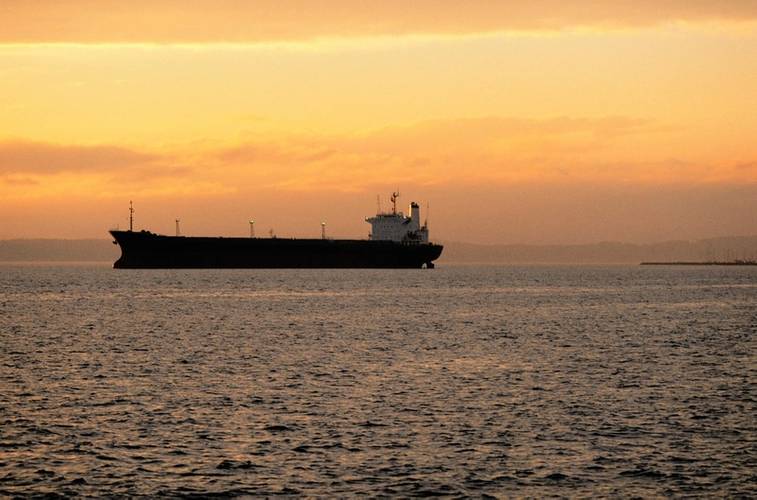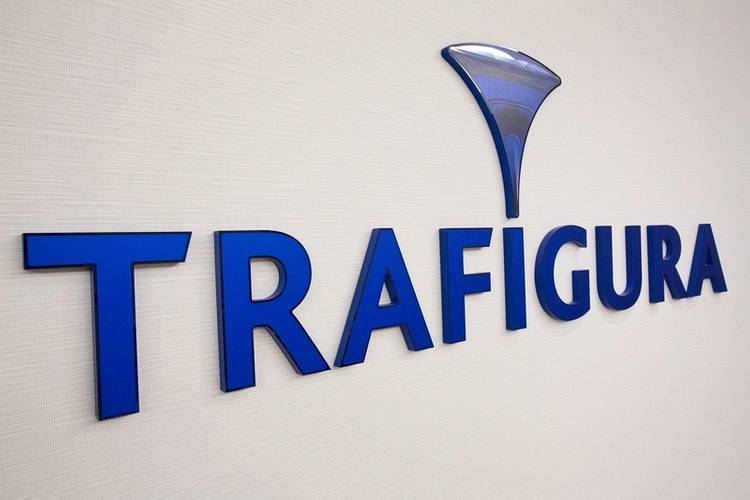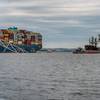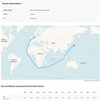Commodity Giant Steps out of the Shadows
A detailed new case study scrutinizing the risk-management Swiss-based Trafigura is the latest effort to "demystify" the once-secretive commodity trading industry, just big merchants seek to fill a void being left by Wall Street banks.
The study, "The Economics of Commodity Trading Firms," comes as U.S. regulators mull new restrictions on banks' physical commodity trading, a crackdown some large energy companies say would rob them of credit-worthy, transparent counterparties and leave them at the mercy of shadowy and risky firms.
Facing higher capital requirements and regulatory pressure, some banks like JPMorgan Chase & Co have already quit the business of shipping cargoes of crude and storing metal, opening an opportunity for the mostly privately-held trading houses like Trafigura and Mercuria to take up new customers.
"A number of these firms have become very large - too large to ignore, if you like," said Anthony Gowers, global head of corporate affairs at Trafigura, explaining the rationale for the study. "So even those of us who remain private companies feel the need to explain themselves somewhat more in public."
The firm approached Craig Pirrong, a well-known professor of finance and commodity markets commentator at the University of Houston, last July to commission an independent review of the commodity trading industry, with the goal of "demystifying" it.
The resulting 63-page report, based on public filings and interviews with around 10 senior Trafigura traders and a number of C-level executives last September, reached a conclusion similar to several previous reports: relative to Wall Street banks, merchant trading companies' size, function and balance sheets make them far less likely to be sources of systemic risk.
The finding itself is perhaps less surprising than the depth of detail laid out about a company that until last year had never issued a public annual report, in an industry that until the past few years had shunned the public spotlight.
Pirrong has studied commodity markets for 25 years, but said his sojourn in Switzerland provided his first glimpse into a trading firm's "inner sanctum."
"The way they characterized it was that this was sort of our 'coming-out,'" he said. "We haven't had that much of a profile in the past, and we're introducing ourselves."
He used Trafigura, a firm that recorded revenues of $133 billion in 2013 trading everything from oil to iron ore, as a case study to illustrate how trading houses manage the risks of storing, transporting and refining raw materials.
Among his findings: the firm normally has up to $1 billion posted at collateral with clearing houses; about 15 percent of all its trades are uncleared over-the-counter transactions; and it has invested some $550 million over the past three years to build the information technology system to manage its business.
The Dangers of "Shadow Institutions"
The study's central finding was that because commodity trading firms have stronger balance sheets, less leverage and a minimal role in supplying credit to the broader economy, they are not a significant source of systemic risk.
The study comes as the Federal Reserve solicits input for new rules that could pare banks' involvement in the raw materials supply chain over concerns that a catastrophic event could jeopardize the financial system.
In a series of letters, U.S. energy companies warned that pushing banks out of physical commodities will leave them doing business with unregulated entities.
"Recent history is filled with examples of the dangers of unregulated, shadow institutions taking on a large role in the financial system," according to one letter from natural gas industry groups.
Gowers said more transparency could dispel those fears.
"Probably the biggest reason for suspicion is that the industry has historically tended to say 'We're private, mind your own business,' and that's no longer acceptable," he said.
(Reporting by Anna Louie Sussman; Editing by Jonathan Leff and Meredith Mazzilli)














